This blog post aims to explore the world of S Series Mind Rubrics extracted from Kent’s Repertory, along with their interpretations.
As the number of rubrics given in repertory is more, this series is divided into two posts. You can continue your study of S series rubrics by following the link… S-2 SERIES MIND RUBRICS INTERPRETATIONS FROM KENT’S REPERTORY.
The focus will be on understanding their psychological significance and the recommended remedies.
Kent’s Repertory is a crucial resource in homeopathy, revealing the intricate connections between emotional states and physical manifestations.
Table of Contents
ToggleSADNESS/LOW-SPIRITED/DEJECTION/GLOOMY/DESPONDENCY/HOPELESS

“SADNESS,” “LOW-SPIRITED,” “DEJECTION,” “GLOOMY,” “DESPONDENCY,” and “HOPELESS” all refer to various states of negative emotion:
- “Sadness”: General feeling of unhappiness or sorrow.
- “Low-Spirited”: Lacking energy or enthusiasm, feeling down.
- “Dejection”: A state of being disheartened or discouraged.
- “Gloomy”: Feeling darkness or pessimism, lacking brightness.
- “Despondency”: Extreme loss of hope, feeling utterly discouraged.
- “Hopeless”: Believing there’s no positive outcome, lacking hope.
While all relate to negative emotions, each term varies in intensity and nuance. “Sadness” is a basic feeling, “low-spirited” emphasizes energy, “dejection” suggests a downcast mood, “gloomy” refers to a pessimistic atmosphere, “despondency” is a deep loss of hope, and “hopeless” describes a lack of optimism.
Remedies: Aur., Caus., Nat-m., Psor., Zinc.
SCOLDING (see Quarrelsome)
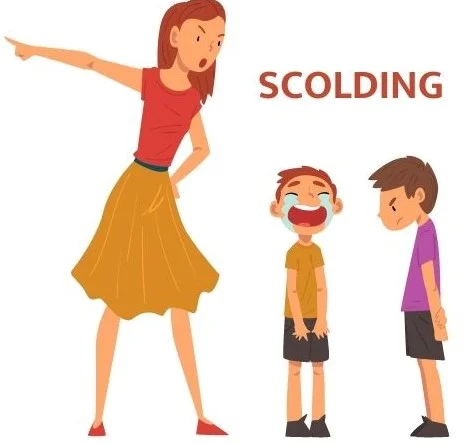
“SCOLDING” refers to reprimanding someone in a stern or harsh manner due to their actions, behaviour, or mistakes. It involves:
- Criticism: Expressing disapproval or dissatisfaction with someone’s actions.
- Verbal punishment: Using strong and often angry language to convey the reprimand.
- Correction: Aimed at pointing out errors or wrongdoings to encourage improvement.
- Authority: Typically done by a parent, teacher, or authority figure to guide behavior.
- Emotional Impact: Can evoke feelings of shame, guilt, or resentment in the person scolded.
- Communication: It’s a way to convey lessons and maintain social norms.
- Response: Individuals may react with remorse, defiance, or an intention to rectify their behavior.
- Relationship Impact: Frequent scolding can strain relationships if not balanced with positive reinforcement.
- Behavioural Influence: Scolding can shape future actions by highlighting consequences.
In essence, “SCOLDING” involves gravely criticizing someone’s behaviour to guide them and uphold social norms.
Remedies: Aur., Ign., Petr.
SCORN (see Contempt) ailments from

“Scorn” refers to a strong feeling of contempt, disrespect, or disdain towards someone or something.
It involves a sense of superiority and often manifests as mockery, ridicule, or insulting remarks.
This emotion conveys a deep level of disapproval and can lead to negative attitudes or behaviours.
Scorn can be directed towards individuals, ideas, or actions, and it often reflects a sense of judgment or rejection.
It is a powerful and negative emotion that can have significant impacts on relationships and interactions.
Overall, scorn involves a strong rejection or belittling of someone or something, expressing a lack of respect or value.
Remedies: Bry., Cham., Nux-v.
SCRATCHES with hands

“SCRATCHES with hands” involves using hands or fingernails to gently rub or press against the skin, providing relief from itchiness or discomfort.
This common practice addresses sensations like insect bites, dry skin, or irritation.
It offers temporary comfort by directly addressing the source of the issue.
Sometimes done unconsciously.
Scratching also serves as a form of self-soothing and non-verbal communication of discomfort.
Remedies: Stram., tarent.
SEARCHING on floor
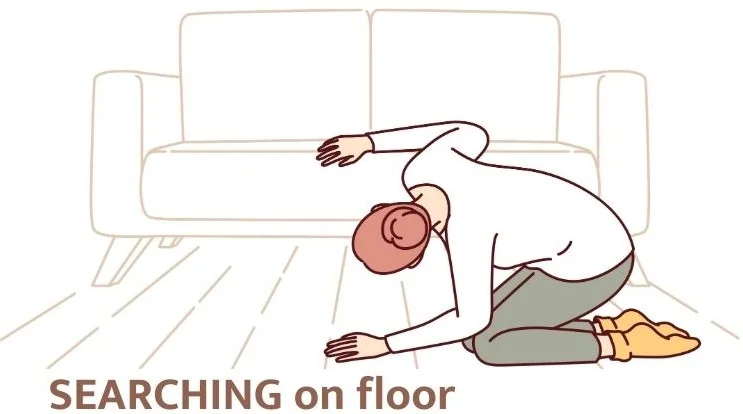
“SEARCHING on the floor” involves looking carefully and attentively on the ground or floor surface to find something.
It usually requires bending down, using your eyes, and possibly your hands, to explore the area.
People search on the floor when they are trying to locate a specific object, like keys or a missing item, or when they’re looking for information, like reading something written on the floor.
This action is common in situations where things may have fallen or been misplaced.
It’s a practical and focused activity aimed at discovering or recovering items or details from the floor.
Remedies: Ign., plb., stram.
SECRETIVE
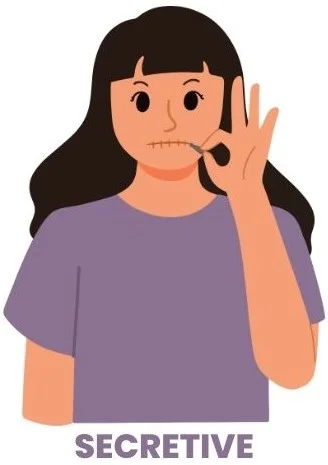
“SECRETIVE” refers to the behavior or quality of being inclined to keep one’s thoughts, actions, or intentions hidden from others.
It implies a tendency to be discreet, cautious, or reserved in sharing information or personal matters.
Someone who is secretive may choose not to reveal details about themselves, their plans, or their feelings, often maintaining a level of mystery or privacy.
This trait can stem from a desire for privacy, a need for control, or a hesitation to disclose information.
Overall, being secretive involves a deliberate effort to conceal or keep certain aspects of oneself or one’s activities hidden from others.
Remedies: Dig., ign.
SELFISHNESS
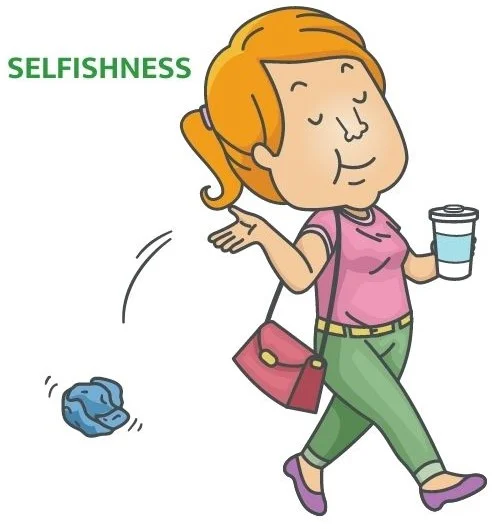
“SELFISHNESS” refers to a behavior or attitude characterized by a focus on one’s own interests, needs, and desires, often at the expense of others.
It involves prioritizing oneself and seeking personal gain or benefit without much consideration for the well-being or feelings of others.
Selfish individuals may be unwilling to share, cooperate, or contribute in a way that promotes the common good.
This trait can lead to actions that disregard the needs of others and may create conflicts or strained relationships.
Selfishness can arise from a variety of factors, including a lack of empathy, a sense of entitlement, or a strong desire for personal gratification.
Remedies: Puls., sulph.
SENSES, acute
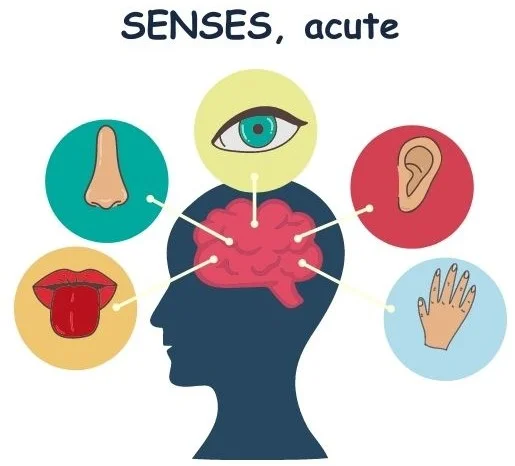
“SENSES, acute” refers to a state where your senses, such as sight, hearing, smell, taste, and touch, become exceptionally sharp and sensitive.
This heightened sensitivity allows you to notice and understand even the smallest details in your surroundings. For instance:
- Sharper Vision: You can see things more clearly and observe intricate features that might go unnoticed by others.
- Enhanced Hearing: You’re able to hear faint sounds or distinguish between different sounds more accurately.
- Keener Smell: Your sense of smell becomes more powerful, enabling you to detect even subtle scents.
- Heightened Taste: You can differentiate Flavors more intensely, picking up on nuances in food and drink.
- Increased Touch Sensitivity: You can feel textures, temperatures, and physical sensations more intensely.
This heightened sensory perception offers a richer and more detailed experience of the world around you, allowing you to engage with your environment in a more profound way.
Remedies: Ars., Bell., Coff., op.
SENSITIVE, oversensitive
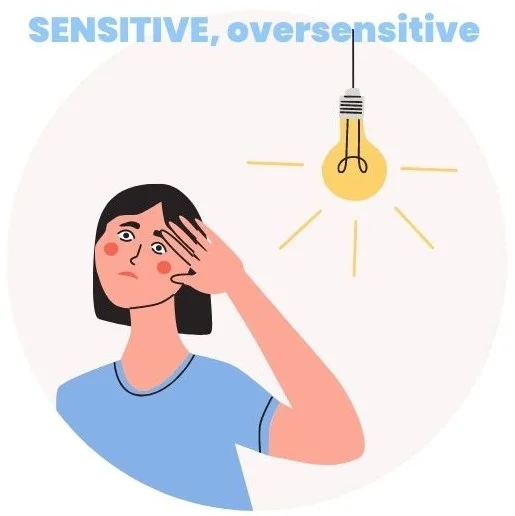
See Offended by following the link.
“SENSITIVE” refers to being aware and responsive to subtle changes or stimuli in one’s environment, emotions, or relationships.
It suggests a heightened ability to understand and empathize with others.
On the other hand, “OVERSENSITIVE” suggests an extreme or excessive sensitivity, where reactions to stimuli are stronger than usual.
This can lead to being easily hurt or offended by minor things.
While sensitivity can be a positive trait, being oversensitive might result in heightened emotional reactions or misunderstandings.
Both terms involve heightened awareness, but oversensitivity leans toward intense and sometimes disproportionate reactions.
Remedies: Arg-n., Bell., Ign., Phos.
SENTIMENTAL

“SENTIMENTAL” describes a strong emotional connection to memories, objects, or experiences.
It signifies being deeply affected by feelings of nostalgia, affection, or empathy. Sentimental people often attach sentimental value to personal items or places that evoke meaningful emotions.
They may find joy in reliving past moments or cherishing sentimental gifts.
While this sensitivity can bring happiness and connection, it might also lead to being easily moved or saddened.
Overall, “sentimental” reflects a heartwarming and emotional disposition, where sentiment and memories play a significant role in one’s outlook on life and interactions with the world.
Remedies: Ant-c., Ign.
SERENE (see Tranquility)
SERIOUS (see Sad)

“Serious” refers to a state or attitude of importance, gravity, or sincerity.
It implies a lack of frivolity or humour, often indicating a focused and earnest approach to a task, situation, or conversation.
Being serious involves a sense of responsibility and dedication.
It can relate to significant matters, discussions, or behaviours that require careful consideration and thought.
Seriousness is characterized by a commitment to understanding, addressing, or accomplishing something with genuine intent and a sense of weightiness.
Remedies: Alum., led.
See the meaning of FRIVOLOUS and HUMOUR by following the links.
SEXUAL excess, mental symptoms form

“SEXUAL excess, mental symptoms form” suggests that indulging in excessive sexual behavior may lead to psychological manifestations.
These symptoms can encompass emotional distress, anxiety, guilt, or even addiction.
Such behavior might impact mental well-being, causing disturbances in mood, self-esteem, and relationships.
It highlights the intricate connection between physical actions and mental states, indicating that immoderation in sexual activities can contribute to a range of psychological issues.
It emphasizes the importance of maintaining a balanced and healthy approach to sexuality to preserve overall mental health.
Remedies: Calc., Lyc., Nux-v., Staph.
SHINING, objects agg.

“SHINING, objects aggravate” suggests that bright or gleaming objects worsen a condition.
This could refer to a sensitivity to light, causing discomfort or irritation.
The intensified illumination may lead to increased symptoms or distress, such as headaches or visual disturbances.
This phenomenon might be due to heightened sensitivity or specific medical conditions.
It emphasizes the impact of light on the situation, highlighting how certain visual stimuli can exacerbate discomfort or symptoms.
It suggests the need for managing lighting conditions to mitigate negative effects on individuals with light sensitivity or related issues.
Remedies: Bell., Lyss.
SHRIEKING/SCREAM/EXCLAMATION
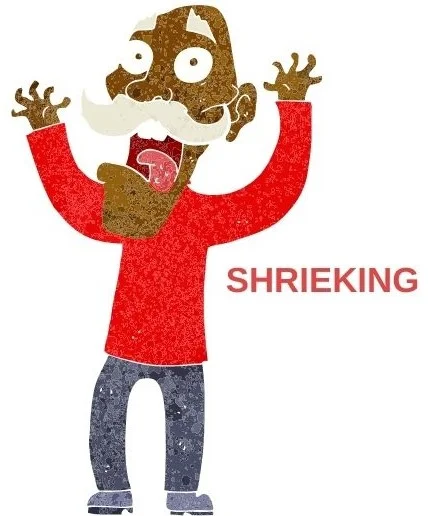
“SHRIEKING,” “SCREAM,” and “EXCLAMATION” differ in vocal expression:
- “SHRIEKING” is a high-pitched, involuntary sound often due to fear or pain.
- “SCREAM” is a loud cry expressing strong emotion, like fear, excitement, or anger.
- “EXCLAMATION” is a sudden verbal expression to convey surprise, joy, or emphasis.
While all are loud vocalizations, “shrieking” typically signifies distress, “scream” suggests intense emotion, and “exclamation” adds emphasis to speech.
Remedies: Apis., Camph., Cic., Plat.
SHY (see Timid)
SIGHING/SOBBING/WEEPING
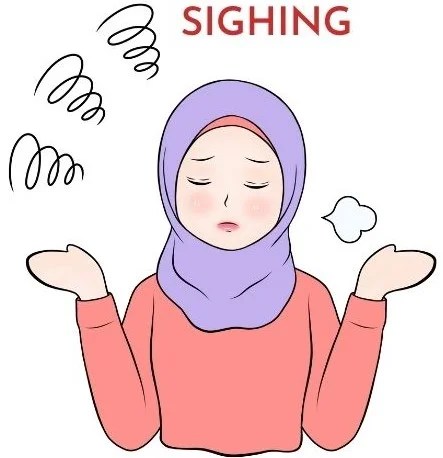
“SIGHING,” “SOBBING,” and “WEEPING” vary in emotional expression:
- “SIGHING” is a deep breath expressing relief, tiredness, or frustration.
- “SOBBING” involves loud, uncontrollable cries due to grief, pain, or distress.
- “WEEPING” includes shedding tears, often accompanied by quiet sobbing, indicating sadness or emotional release.
In summary, “sighing” relates to breath and emotions, “sobbing” signifies intense distress, and “weeping” involves shedding tears to convey deep sadness or emotional catharsis.
Remedies: Calc-c., Cimic., Ign.
Read LAMENTING and MOANING by following the links.
SILENT (see Talk)
SILLY (see Foolish)
SINGING
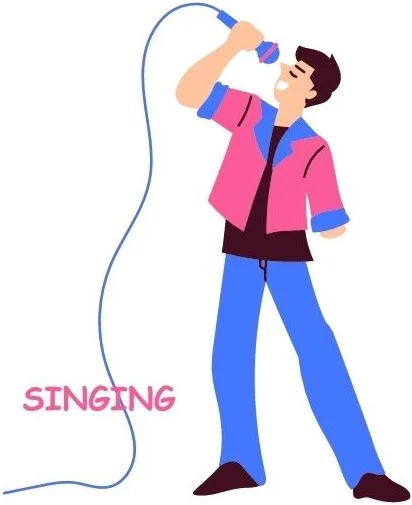
“SINGING” is the joyful and rhythmic vocalization of musical sounds using the human voice.
It involves producing melodious tunes, harmonies, or lyrics in a rhythmic manner. Singing is a form of artistic expression, often accompanied by musical instruments.
People sing for various purposes, such as entertainment, storytelling, worship, or communication.
Singing can evoke emotions, connect with others, and convey cultural traditions.
It encompasses a wide range of styles, from solo performances to group choruses.
Singing requires control over pitch, tone, and breath, and it holds cultural and emotional significance across societies and generations.
Remedies: Bell., cic., lach., spong.
SIT, inclination to

“SIT, inclination to” refers to a natural tendency or desire to be in a seated or resting position.
It signifies a preference for sitting down rather than standing or moving around.
This inclination can arise from factors like comfort, fatigue, relaxation, or convenience.
When someone has an inclination to sit, they are more likely to seek out chairs, benches, or other seating options.
It’s a simple yet significant aspect of human behavior, influenced by comfort and the body’s need for rest.
This inclination can vary based on situations, activities, and personal comfort levels.
Remedies: Chin., Con., Graph., Phos.
SITS quite stiff

“SITS quite stiff” describes the posture of a person who is seated in a rigid and inflexible manner.
It indicates that the individual is not relaxed and exhibits a lack of ease in their seated position.
Their body may be tense, and they might avoid movement or slouching.
This stiffness could stem from discomfort, formality, or a desire to maintain a certain appearance.
It can also imply a level of unease or apprehension in the given situation.
Overall, it portrays a person sitting with a noticeable lack of physical relaxation or casualness.
Remedies: Cham., hyos., sep.
SITTING, aversion to
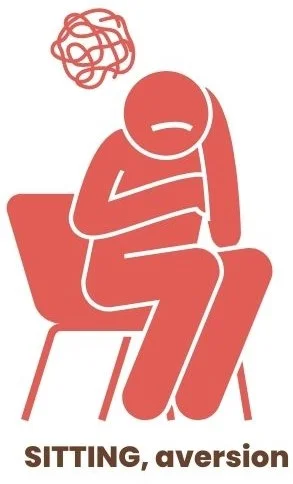
“SITTING, aversion to” refers to a strong feeling of dislike or reluctance towards the act of sitting down.
This aversion can stem from various factors such as physical discomfort, restlessness, anxiety, or even a medical condition.
People with this aversion might find sitting to be uncomfortable or unsettling,
leading them to prefer standing or moving.
It’s a response to the discomfort or unease associated with sitting and can impact daily activities, work, and social interactions.
Addressing this aversion may involve finding alternative positions or seeking solutions to alleviate the discomfort associated with sitting.
Remedies: Iod., lach.
SIZE incorrect judge of
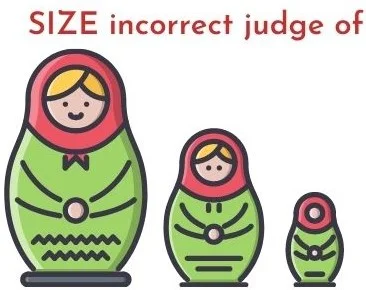
“SIZE incorrect judge of” means making a mistaken assessment or perception based on the physical dimensions of something.
It implies that using the size of an object, person, or situation as the sole criterion for judgment can lead to inaccuracies.
This concept highlights that size alone may not accurately reflect the true nature, value, or significance of what is being evaluated.
It encourages considering other factors beyond size to form a more informed and accurate judgment.
Remedies: Agar., stram.
SLANDER/CALUMNIATE disposition

- “Slander” and “calumniate” both refer to making false statements about someone with the intent to harm their reputation.
- “Slander” is a widely used term for making damaging false spoken statements, often heard in everyday conversations or media. It involves spreading untruths about a person, leading to harm or defamation.
- “Calumniate,” on the other hand, is a more formal and less common word. It also means making false statements to harm someone’s reputation, but it’s often found in more literary or legal contexts.
In essence, both words describe the act of spreading falsehoods to damage a person’s character, with “slander” being more common and “calumniate” more formal.
Remedies: Am-c., lyc., verat.
To be continued…
Follow the link here… S-2 SERIES MIND RUBRICS INTERPRETATIONS FROM KENT’S REPERTORY.




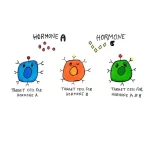

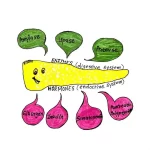
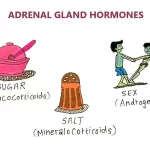



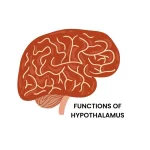

Leave a Reply